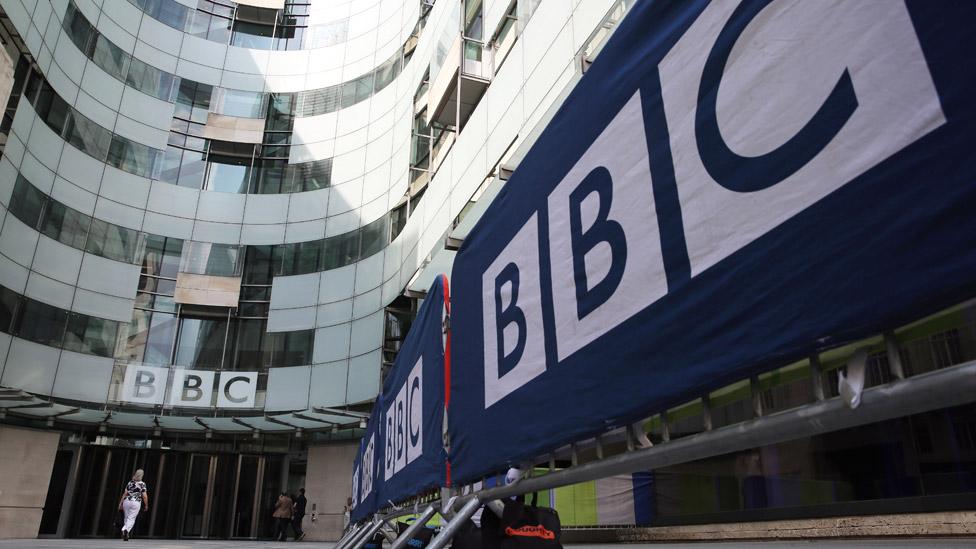NI adults 'most likely to consume news' in UK

Those aged 16-34 are likely to get local news mainly from social media
- Published
Adults in Northern Ireland are more likely to consume any type of news compared to the rest of the UK.
That is according to a review of local media by the communications regulator Ofcom.
Adults in Northern Ireland are also more likely to listen to local radio, and get news from websites like BBC News NI, than those elsewhere in England and Wales.
Those aged 16-34, though, are likely to get local news mainly from social media, including Facebook groups.
'Reaching younger audiences increasingly difficult'
There has also been a shift towards "video-based networks" like Youtube, TikTok and Instagram, according to Ofcom.
But, overall, news reported on TV, radio and in newspapers was deemed by audiences "to be more trustworthy than news on social media".
Ofcom is reviewing the provision, role and value of local media in the UK, including changing audience behaviours.
It is also looking at how the BBC, which has been described "both as a competitor and as a complement" affects other providers of local news.
Ofcom have now published the initial findings of their review.
Local media includes news and current affairs, and also information about local weather, traffic, community events, arts and sports.
"Local media can be a means by which local governments, institutions, public services and politicians are scrutinised and held to account for their decisions and policies," Ofcom said.
The review said that while local TV, radio, newspapers and online news played a "valuable role" in people's lives, "the sustainability of the sector is under threat" as more people got news online.
For instance, while there has been an increase in digital news sites, across the UK there are 271 fewer print newspapers than there were nearly two decades ago.
There has also been a decline in the number of journalists employed by local newspapers across the UK.
"Reaching younger audiences with news via any route is increasingly difficult," Ofcom's review said.
It also said "that a large section of the population is disengaging from or avoiding news altogether".

The popularity of local radio is higher in Northern Ireland
People typically used TV or radio to get news on a nationwide basis, but used local newspapers or social media for news about their own area, town or city.
Those who watched TV news said they like to see some “good news stories” as they appreciated seeing their communities celebrated.
Some described watching news as part of routine that “marked the end of a busy day” and some said could be a nostalgic experience “because of having done it during their childhood".
The review also contains a number of details about how people in Northern Ireland get local news.
Ofcom said that local media in Northern Ireland has "unique characteristics, in particular, its strong sense of identity and its status as a small nation with a national government".
Local radio popular in Northern Ireland
The popularity of local radio is higher in Northern Ireland - where 80% of adults listen each week - than in England, Scotland or Wales.
But listeners to BBC radio - like Radio Ulster and Radio Foyle - tended to be older on average than listeners to commercial radio stations.
Although Northern Ireland's TV news programmes like BBC Newsline or UTV Live are popular and attracted higher local audiences than BBC or ITV's national network news programmes, the numbers watching have declined in recent years.
According to Ofcom's audience research, though, "in Northern Ireland some perceived the BBC regions/nations news bulletins to be of higher quality than the alternatives".
But overall "adults in Northern Ireland are more likely to watch any type of news compared to the UK average", Ofcom said.
People in Northern Ireland also felt that it was interesting to get a Northern Irish "perspective on international news and current affairs".
The BBC website was also found to be popular, with 35% of adults across the UK claiming to use it for local news in the past month.
According to Ofcom, adults in Scotland and Northern Ireland were also more likely to use the BBC, STV or ITV website for local news than adults in England or Wales.
Ofcom's final report on its review of local media will be published in November 2024.
- Published22 January 2024
